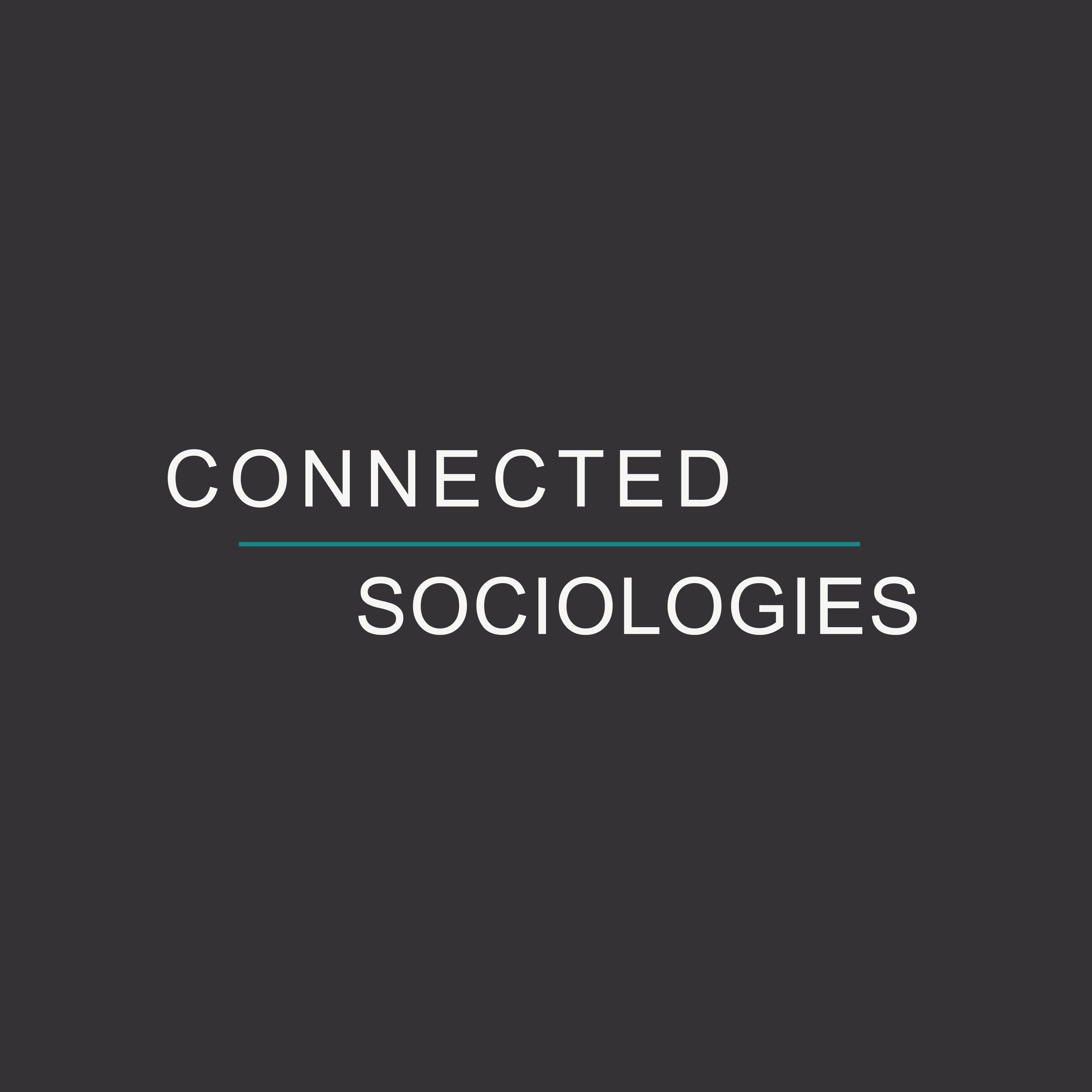
6.9K
Downloads
32
Episodes
Sociology is based on a conventional view of the emergence of modernity and the ‘rise of the West’. This privileges mainstream Euro-centred histories. Most sociological accounts of modernity, for example, neglect broader issues of colonialism and empire. They also fail to address the role of forced labour alongside free labour, issues of dispossession and settlement, and the classification of societies and peoples by their ‘stages of development’. The Connected Sociologies Curriculum Project responds to these challenges by providing resources for the reconstruction of the curriculum in the light of new connected histories and their associated connected sociologies. The project is designed to support the transformation of school, college, and university curricula through a critical engagement with the broader histories that have shaped modern societies.
Episodes

Friday Jan 08, 2021
Legacies of British Slave Ownership - Prof Catherine Hall
Friday Jan 08, 2021
Friday Jan 08, 2021
For too long the abolition of the Atlantic slave trade in 1807 and slavery in the British colonies in the Americas in 1833 have dominated the ways in which Britons have (mis)remembered slavery. The Legacies of British Slave-ownership project at UCL set out to re-think the history of Britain’s long involvement with the slavery business across the Atlantic through exploring British slave-owners. When slavery was abolished, £20 million was paid in compensation to the owners for the loss of what was defined as their property. Almost half this money came to Britons. We followed the money, establishing who got it and, in so far as has been possible, what did they do with it and with the power they derived from it? Was it invested in railways and banking, or spent on country houses, or used to buy art works? How significant is this history to the establishment of racial hierarchies both in Britain and the Caribbean? Compensation was our starting point, but in exploring the longer histories of British ownership of land and people in the Caribbean the deep entanglements between metropole and colony have been excavated.
Readings
- Eric Williams Capitalism and Slavery available here.
- Nicholas Draper, ‘ “Possessing Slaves”: ownership, compensation and metropolitan society in Britain at the time of emancipation 1834-40’ History Workshop Journal 64 (Autumn 2007) 74-102.
- Catherine Hall, Nicholas Draper, Keith McClelland, Katie Donington and Rachel Lang, Legacies of British Slave-ownership. Colonial Slavery and the Formation of Victorian Britain Cambridge (2014).
- Madge Dresser and Andrew Hann (eds) Slavery and the Country House London (2013).
- Michael Taylor, The Interest. How the British Establishment resisted the abolition of slavery London (2020).
Resources
Legacies of British Slave-ownership.
Questions for Discussion
- How should the history of slavery be remembered in Britain?
- What is meant by the term ‘the slavery business’?
- What evidence can you find both of slave-owners and abolitionists where you live?

Comments (0)
To leave or reply to comments, please download free Podbean or
No Comments
To leave or reply to comments,
please download free Podbean App.